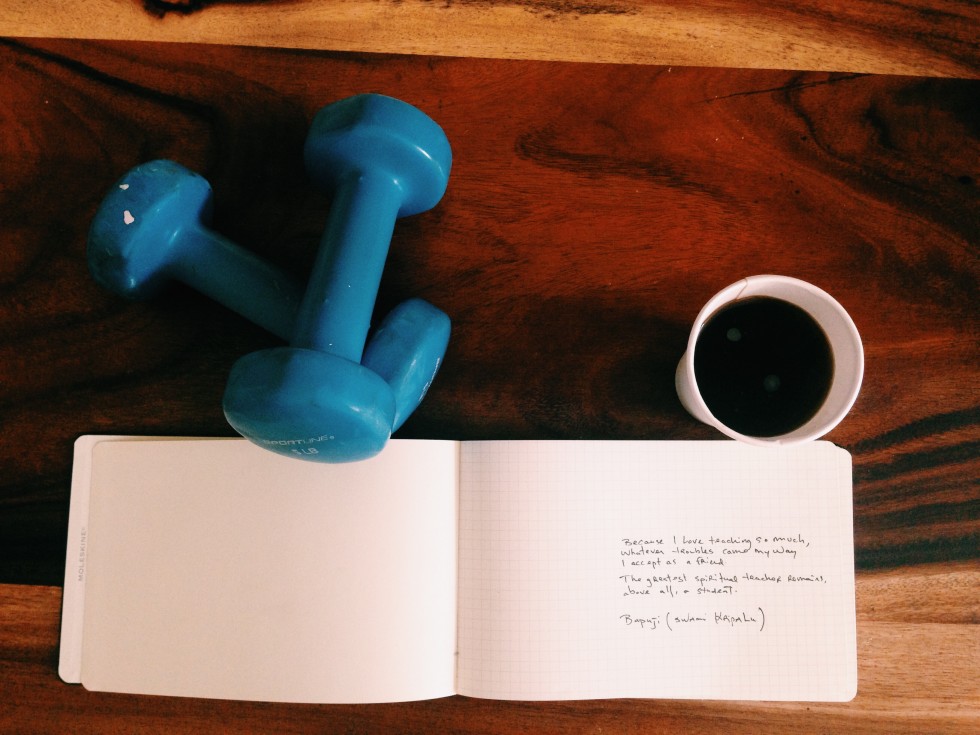By Kim Naraine
With the return of chilly Autumn days, coffee culture is stronger than ever. Coffee is a necessity for many, but, as we will see, there is more to this brew than just a warm indulgence.
Coffee and The Brain
Coffee has a direct impact on your brain, affecting levels of neuromodulators and neurotransmitters, natural chemicals that relay messages throughout the body (1). This results in altered mood, increased energy and enhanced memory. This, as well as many other benefits of coffee, is linked to its caffeine content. For instance, caffeine counters the action of adenosine, a neuromodulator that signals tiredness. By doing so, it produces the desired energy hike we tend to need in our most fatigued moments. Caffeine also acts on dopamine and glutamate pathways in our brain, which results in increased motivation and attention. A recent study in Nature Neuroscience (2), showed that 200 mg of caffeine, the amount found in just 2 cups of coffee, can significantly increase memory over a 24-hour period, consolidating coffee’s place as the ideal study aid.
Coffee and Your Workout
Coffee may not only have an effect on our minds, but also our bodies. Many recent studies have shown various benefits of pre- and post-workout caffeine consumption. The Journal of the International Society of Sports Nutrition (3) acknowledges that the performance of trained athletes, during endurance exercises, benefits from caffeine consumption (3-6mg/kg body weight), although research suggests that caffeine supplements may be more effective than actual coffee consumption in this case. Another study from the University of Tennessee (4) showed that people performing aerobic exercises burned energy for a longer period after their workout if they consumed caffeine beforehand (4.5mg/kg). Thus, it seems that moderate caffeine/coffee consumption may maximize training results. However, it should be noted that many studies on this topic involve highly fit subjects in very specific training environments. For more training tips and ideas from our resident fitness expert, visit the Training section.
Coffee and The Environment
The demand for coffee is high, and its production has a profound impact on our planet. The United Nations Environment Programme (UNEP) recommends purchasing only Rainforest Alliance Certified coffee to ensure that the coffee you drink is grown in a sustainable ecosystem (5). The majority of coffee production occurs in areas of great biodiversity, making the issue of sustainability all the more important. Certified coffee is more expensive, but it has a lower environmental impact.
Conclusion : To Coffee or Not to Coffee
Coffee obviously has benefits for both mind and body, but within limits. As a natural diuretic, it can lead to dehydration. It can also lead to dependence due to its effect on our nervous system. If you do choose to indulge, do so in moderation, remember to stay hydrated with water, and choose an environmentally-conscious, fair-trade brew when you can. Alternatively, caffeine can be found in other sources such as tea and dark chocolate. But, coffee remains a favourite too many. If you are looking for a new way to add it to your day, check out our Recipe of the Week : Mocha Pre-Workout Smoothie.
References
(1) Ribeiro, J. A., & Sebastiao, M. A. (2010). Caffeine and adenosine. Journal of Alzheimer’s Disease, 20(S1), S3-15.
(2) Borota, D., Murray, E., Keceli, G., Chang, A., Watabe, J.M., Ly, M. , …Yassa, M. A. (2014). Post-study caffeine administration enhances Memory consolidation in humans. Nature Neuroscience, 17(2), 201-3.
(3) Goldstein, E. R., Ziegenfuss, T., Kalman, D., Kreider, R., Campbell, B., Wilborn, C.,…Antonio, J. (2010). International society of sports nutrition position stand: caffeine and performance. Journal of the International Society of Sports Nutrition, 7(5), 1-15.
(4) Fernandez-Elias, V. E., Del Coso, J., Hamouti, N., Ortega, J. F., Munoz, G., Munoz-Guerra, J. & Mora-Rodriguez, R. (2015). Ingestion of a moderately high caffeine dose before exercise increases postexercise energy expenditure. International Journal of Sports Nutrition, Exercise and Metabolism, 25(1), 46-53.
(5) United Nations Environmental Programme. (2015). Rainforest Alliance Certified Coffee. Available at: http://www.unep.org/forests/Portals/142/docs/Rainforest%20Alliance%20Certified%20Coffee.pdf
